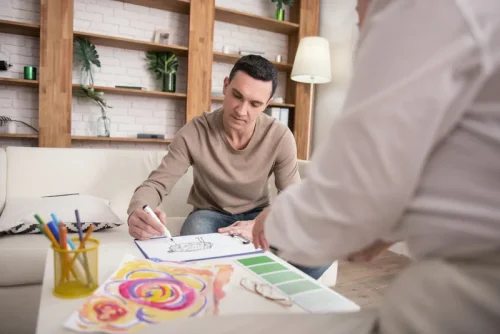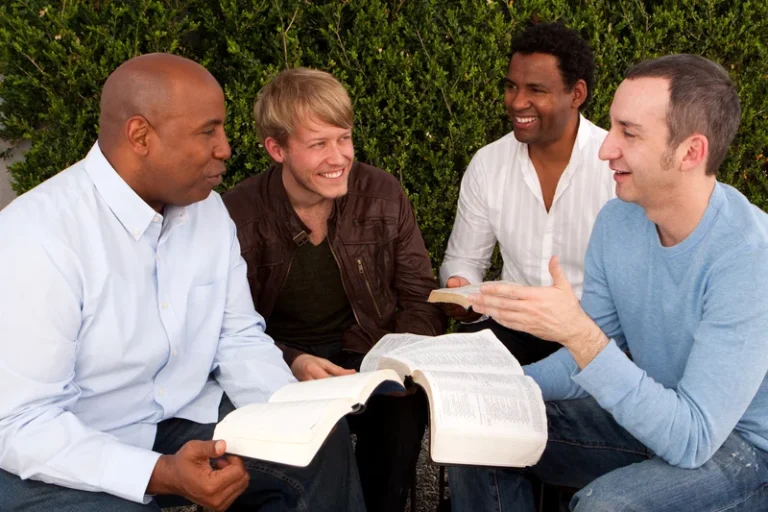
Alcohol can cause psychological dependence, so if you’re finding it hard to manage the emotional element of quitting, reach out for help, says McMahon. That’s especially true for those who what happens when you stop drinking alcohol drink large amounts for long periods of time. “These improvements can be observed not only in people who abstain from alcohol but in people who reduce heavy drinking,” Volpicelli says.
It May Reduce Cancer Risk
- What matters most is your ability to maintain an open, curious outlook as you learn what does and doesn’t work for you.
- For instance, Dasgupta cited research he conducted on the relationship between genetics and alcohol misuse.
- Excessive drinking can lead to the build-up of toxic, highly cancer-causing (carcinogenic) compounds that contribute to inflammation in your body, especially in your liver.
You might feel a surge of excitement that you’re so close to achieving your goal of 30 days of sobriety. Journaling can be a great way to document the ups-and-downs, and learn from your past experiences. Alcohol causes inflammation, and it can take a few weeks for this side effect to wear off.

Healthier Liver Function
“The one-year mark is when your overall risk of different cancers has leveled off,” says Dr. Mosquera. “Your relationships are likely improved, and your resilience has increased,” says Dr. Mosquera. “Alcohol is a monkey wrench in our homeostasis,” says Dr. Mosquera. If you’re a heavy drinker, your body may rebel at first if you cut off all alcohol. You could break out in cold sweats or have a racing pulse, nausea, vomiting, shaky hands, and intense anxiety.
Treatment of Alcohol Withdrawal
“After a few months, the brain will begin to return to health,” says Dr. Abramowitz. Your sleep cycle is continuing to improve, so you’re getting even more REM sleep and feeling more https://ecosoberhouse.com/ rested. Many people report less intense alcohol cravings during this timeframe. However, it’s worth mentioning that alcohol cravings can be replaced with cravings for sugar.
Top doctors in ,

Alcohol dehydrates your body, including the skin, and this happens every time you drink. If your body isn’t recovering from alcohol everyday, you’ll be able to concentrate more, notice an improvement in your memory and increase your overall function at work and at home. So, while we can metabolize around a unit of alcohol an hour, if you drink a lot, everyday, your body has to rid your system of those toxins. If you overload the liver, you have more of those toxins inside your body, which can damage the liver itself, your brain, your stomach, your heart and your pancreas. A counselor can help someone prepare for life after withdrawal and provide support as they navigate quitting drinking. It’s typical for withdrawal symptoms to begin within hours to a day or two after you have your last drink.

Short-term benefits
The first day is always the hardest, but it’s also an important milestone. After 24 hours without alcohol, your body will start to detoxify and you may experience withdrawal symptoms. If you’re more of a moderate to occasional drinker, you may find the hardest part of stopping drinking to be the social pressures. In the short term, alcohol is processed through your liver in about an hour. Essentially, feeling “drunk” is when your liver becomes too overwhelmed to properly process alcohol, so it overflows temporarily into your bloodstream. This is what causes you to feel light-headed or tipsy after multiple alcoholic drinks.
- Night sweats, insomnia, and frequent sleep interruptions are to be expected.
- After three days, you will likely start to feel more like yourself.
- Alcohol withdrawal can range from very mild symptoms to a severe form, known as delirium tremens.
- People who have been drinking a lot of alcohol for a long time tend to get frequent infections like pneumonia and tuberculosis because their immune system has been worn down.
- Behavioral interventions, medications, and social support can all play a role in your alcohol recovery.
Symptoms can range from headache, elevated blood pressure, heart palpitations, and nausea and vomiting to tremors, hallucination and in severe cases death. Nevertheless, people who have AUD should take extra care before suddenly quitting or significantly decreasing their intake as they can experience symptoms of alcohol withdrawal. This is where the central nervous system becomes so reliant on the depressive effects of alcohol that, when a patient stops drinking, their brain stays in a “hyperactive” state.
Impact on your health
Additionally, your gastrointestinal tract or stomach does not react well to alcohol, so drinking can increase your chance of developing ulcers, which can perforate and cause gastritis. Alcohol can also cause an increase in blood pressure, particularly if you are struggling everyday to detoxify yourself. So along with feeling bad, you are putting yourself at further risk of a cardiac event or a stroke, particularly as you get older.
0 Comments